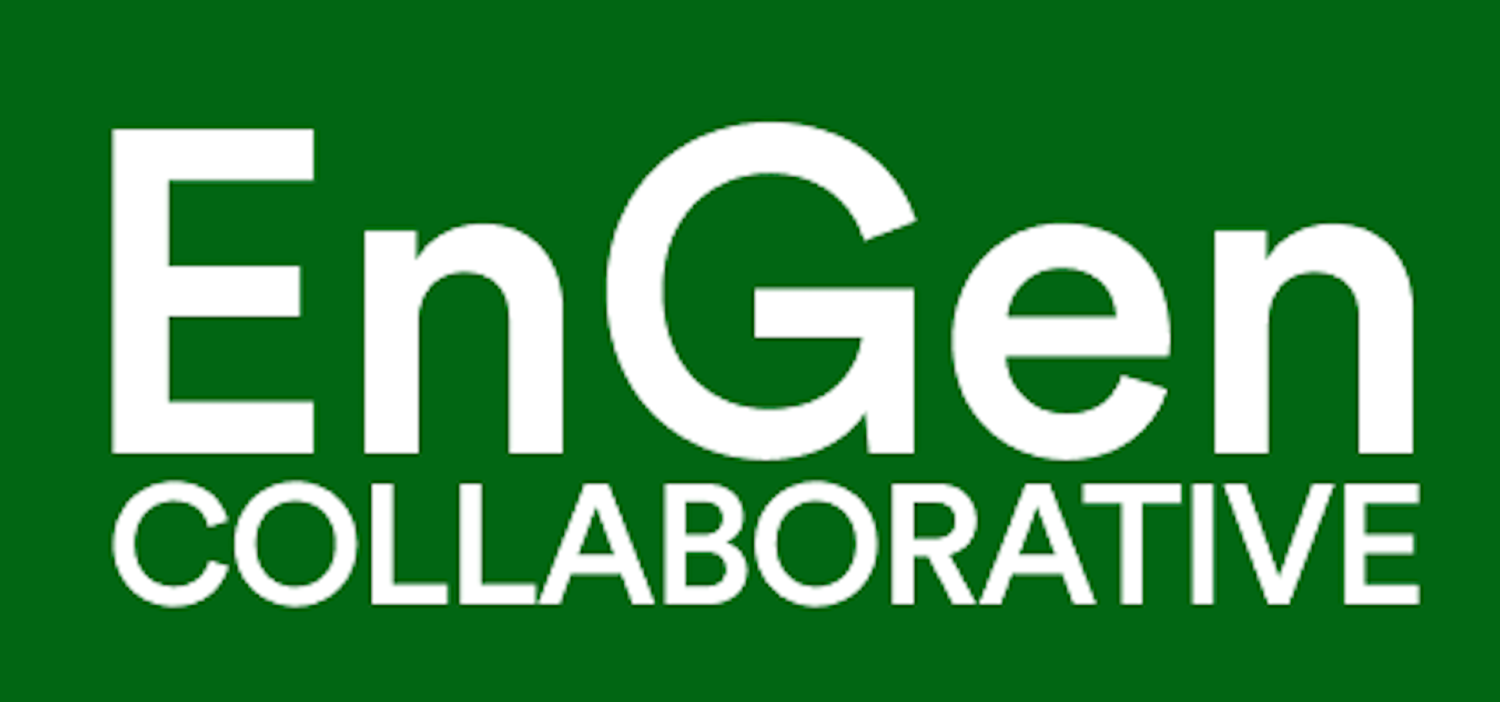Gender inequality and biodiversity loss
Rapid and widespread environmental degradation and biodiversity loss threaten all areas of life—with significant and dire risks to ecosystem health, state fragility and security, human rights, and the very lives of billions of people around the world. Women, girls, people living in poverty, rural communities, sexual and gender minorities, and Indigenous Peoples are among the populations disproportionately affected by environmental degradation and biodiversity loss. Despite their roles in protecting nature and the critical value they would and do bring to solutions, these populations are consistently excluded from or underrepresented in opportunities to influence, design, and lead strategies to combat the threats directly altering their lives.
Using recent research and evidence from academia, organizations, institutions, governing bodies, and activists, EnGen Collaborative developed a literature review for the CARE-WWF Alliance to understand the cost of biodiversity loss and environmental degradation on gender equality. The review presented research on gender inequality in decision making, land and resource access and rights, and gender-based violence and how these issues negatively impact mutual progress on gender equality and biodiversity conservation. The review also identified several topics that are overlooked or under-considered in gender and conservation research, policies, and projects, including issues affecting sexual and gender minorities, men and masculinities, Indigenous Peoples' rights and leadership, and collection and analysis of gender and conservation data.
Click here (or below on the image) to view and download EnGen's summary of findings and resources from the literature review, including the current scope of evidence, what questions and gaps remain, and what strategies should be embraced going forward for mutual progress on gender equality and biodiversity conservation.
The following strategies were identified in the literature and in conversations with experts that have potential to facilitate mutual progress on gender equality and biodiversity conservation, including by addressing issues and constraining factors and closing gaps in research and action.
Embed gender-responsive and -transformative approaches and metrics at every stage of conservation research, policies, programs, and projects
Prioritize conservation approaches that are inclusive, community-led, and adapted to the specific cultural context
Confront internal and external practices that contribute to colonization and embrace anti-colonial approaches in conservation research, policies, programs, and projects
EnGen Collaborative looks forward to continuing this conversation with individuals and organizations to hold ourselves accountable in our work everyday. Please connect with us if this is of interest.

